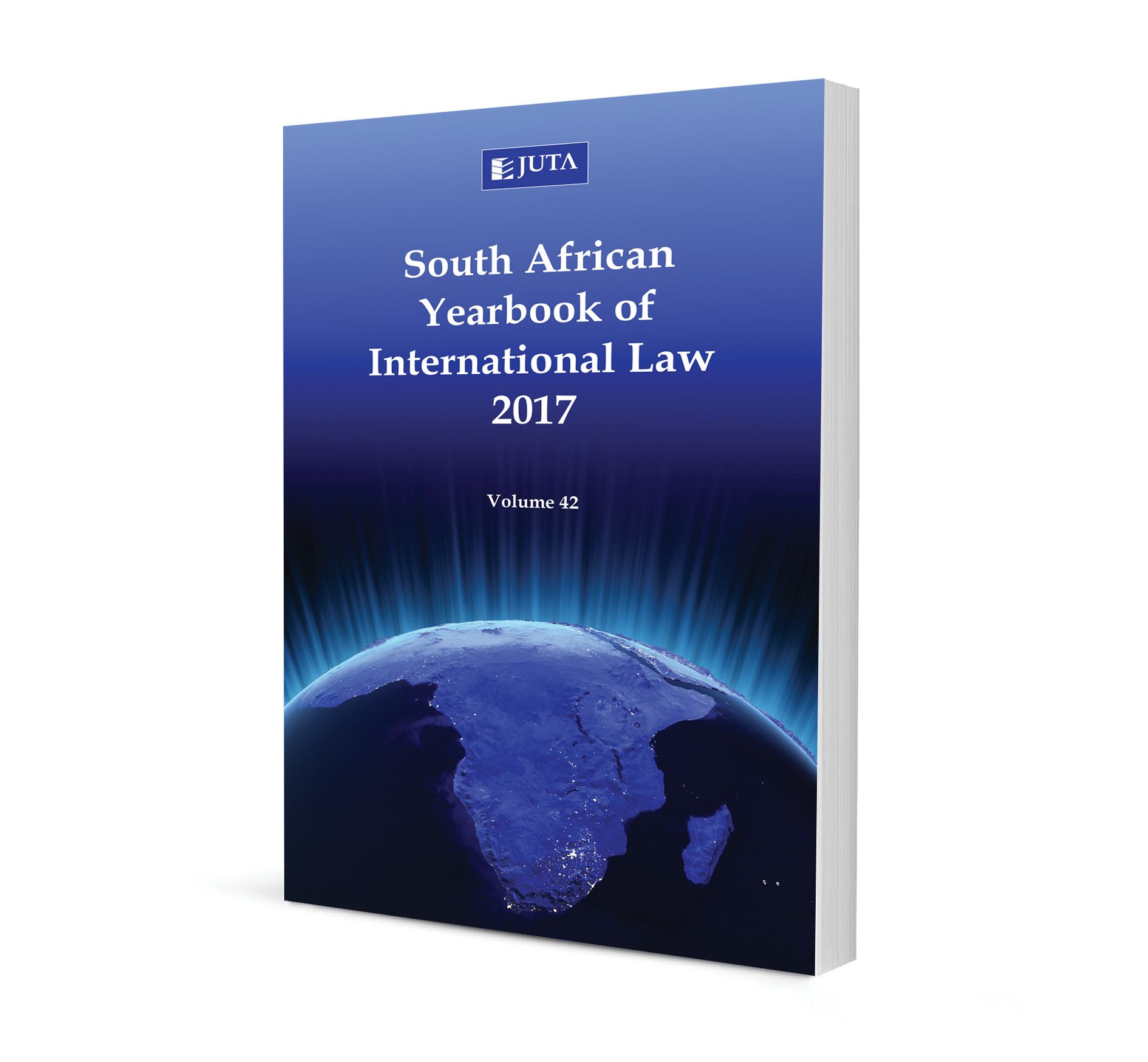
The Principle of Non-Refoulement in South Africa and the Exclusion from Refugee Status of Asylum Seekers Who Have Committed Offences Abroad: a Comment on Gavric v Refugee Status Determination Officer, Cape Town and Others
Authors Jamil Ddamulira Mujuzi
ISSN: 2521-2583
Affiliations: University of the Western Cape
Source: South African Yearbook of International Law, 2018, p. 20 – 46
Abstract
South Africa is home to thousands of asylum seekers and refugees, especially from African countries. In order to protect the rights of refugees and asylum seekers, South Africa has ratified international and regional human rights treaties and enacted domestic legislation. The domestic legislation is the Refugees Act (the Act). Section 4(1) of the Act provides for three grounds on which a person may be excluded as a refugee. That a person ‘does not qualify for refugee status for the purposes of this Act if there is reason to believe that he or she – has committed a crime which is not of a political nature and which, if committed in the Republic, would be punishable by imprisonment’ is one of the grounds provided for in section 4(1)(b). Section 2 of the Act embodies the principle of non-refoulement. In 2018, the Supreme Court of Appeal and the Constitutional Court handed down judgments clarifying how section 4(1)(b) should be implemented in practice as well as the relationship between sections 2, 3 and 4(1)(b) of the Act. This was comprehensively dealt with by the Constitutional Court in Gavric v Refugee Status Determination Officer, Cape Town and Others. The purpose of this article is to use this judgment as a springboard to highlight the issues that South African courts, especially the Constitutional Court, have to address when determining whether or not a person should be excluded as a refugee under section 4(1)(b) of the Act. The highlighted issues are the criteria to determine whether or not the applicant has had a fair trial; the relevance of the Hollington rule to foreign convictions; and the admissibility of hearsay evidence.